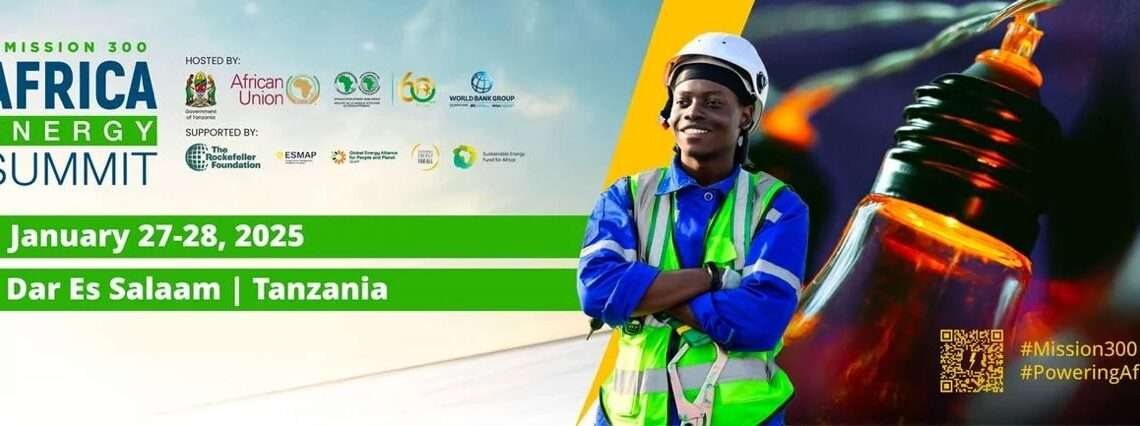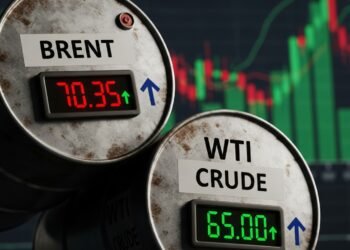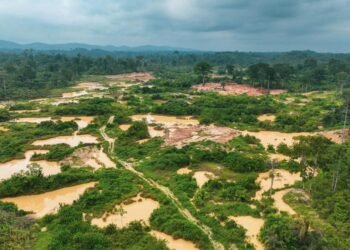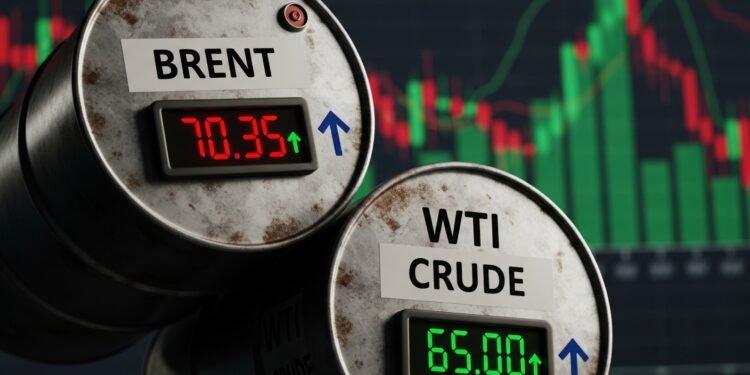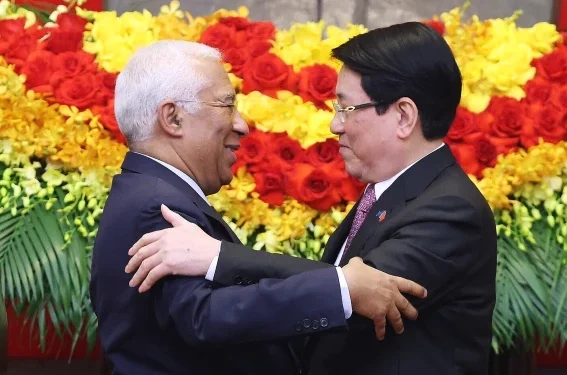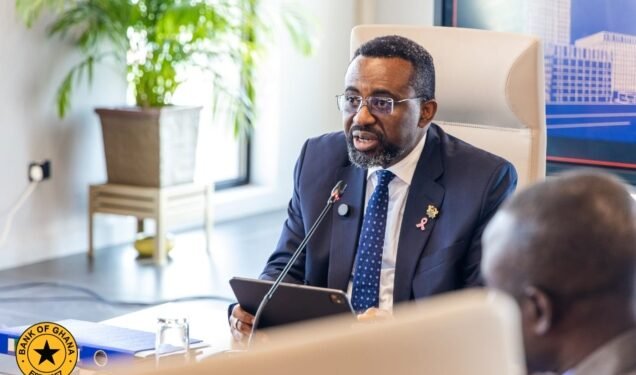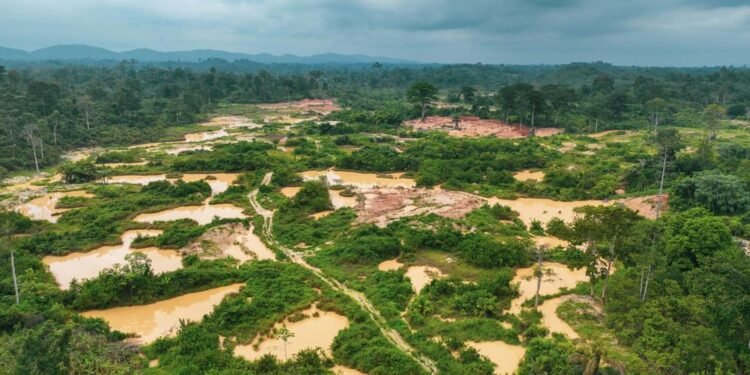The World Bank Group and the African Development Bank Group are taking decisive action to tackle Africa’s persistent energy crisis with the upcoming Africa Energy Summit.
Scheduled for January 27-28 in Dar es Salaam, Tanzania, the summit aims to accelerate the continent’s energy transition and extend electricity access to 300 million Africans by 2030 under the banner of Mission 300.
The two-day event will bring together 13 African Heads of State, international partners, philanthropies, and private sector leaders, marking a critical milestone in the effort to bridge the continent’s energy gap.
“The time to act is now,” stated Franz Drees-Gross, World Bank Director of Infrastructure for West Africa, during a media briefing ahead of the summit.
“Mission 300 represents not just an ambitious target but a movement…
“We are creating a lasting impact that will power Africa’s growth and enable millions of people to access the essential services electricity provides.”
Franz Drees-Gross, World Bank Director of Infrastructure for West Africa
This high-level gathering will focus on addressing the significant energy access gap on the continent, where nearly 600 million people, representing a staggering 83% of the world’s energy-deprived population, lack access to electricity.
The Mission 300 initiative, launched in April 2024, is a joint collaboration between the World Bank Group, the African Development Bank, and several other global partners. The mission seeks to reduce Africa’s energy access gap through innovative technologies and financing mechanisms.
These efforts come as Africa faces an energy access crisis, with vast portions of the population lacking the means to light homes, power schools, and fuel businesses—all of which hinder economic growth and social development.
The summit will unveil new initiatives designed to mobilize domestic resources and attract private investment in the energy sector. The Global Energy Alliance for People and Planet (GEAPP) and The Rockefeller Foundation have already pledged $10 million to establish a technical assistance facility supporting electricity projects across 11 African nations.
“What makes this initiative different is the ‘all hands-on deck’ approach, with many institutions collaborating to deliver the ambitious agenda,” also explained Sarvesh Suri, the International Finance Corporation’s Director for Infrastructure in Africa.
The International Finance Corporation (IFC) and other financial institutions are expected to announce new investment vehicles to support renewable energy and distributed power solutions.
A Comprehensive Strategy for Energy Access

Mission 300’s strategy encompasses both traditional grid expansion and innovative off-grid solutions to reach remote communities. While grid expansion will remain an essential part of the effort, off-grid renewable energy systems—such as solar home systems, mini-grids, and clean cooking solutions—are expected to play a crucial role in bringing electricity to rural and underserved areas.
Daniel Schroth, AfDB’s Director for Renewable Energy and Energy Efficiency, underlined the urgency of implementing the mission’s objectives.
“It’s a tight journey because 2030 is only five years away, and we have to deliver, not just expected connections, but actual connections to 300 million people by 2030.”
Daniel Schroth, AfDB’s Director for Renewable Energy and Energy Efficiency
The mission will also tackle one of the key challenges that has historically slowed progress in energy access—financing. One of the critical aspects of the initiative is its focus on sustainable financing models that ensure long-term success.
This includes addressing issues such as currency mismatches in project funding, which have historically hindered investment in the energy sector.
The summit’s collaborative nature underscores the critical role of partnerships in addressing Africa’s energy challenges. By leveraging the expertise and resources of governments, international organizations, and the private sector, the initiative aims to create a transformative impact.
Drees-Gross said, “This summit marks a crucial milestone in creating a lasting impact that will power Africa’s growth and development.”
The Africa Energy Summit is poised to reshape the continent’s energy landscape by uniting key stakeholders in a shared vision for universal energy access. The anticipated outcomes, including the Dar es Salaam Energy Declaration and new financing commitments, could lay the foundation for a sustainable and inclusive energy future.
As Africa moves closer to achieving its energy goals, the success of Mission 300 will serve as a testament to the power of collaboration and innovation in overcoming the continent’s most pressing challenges.
READ ALSO: China-Africa Relations, Opportunities and Challenges in a Changing World

